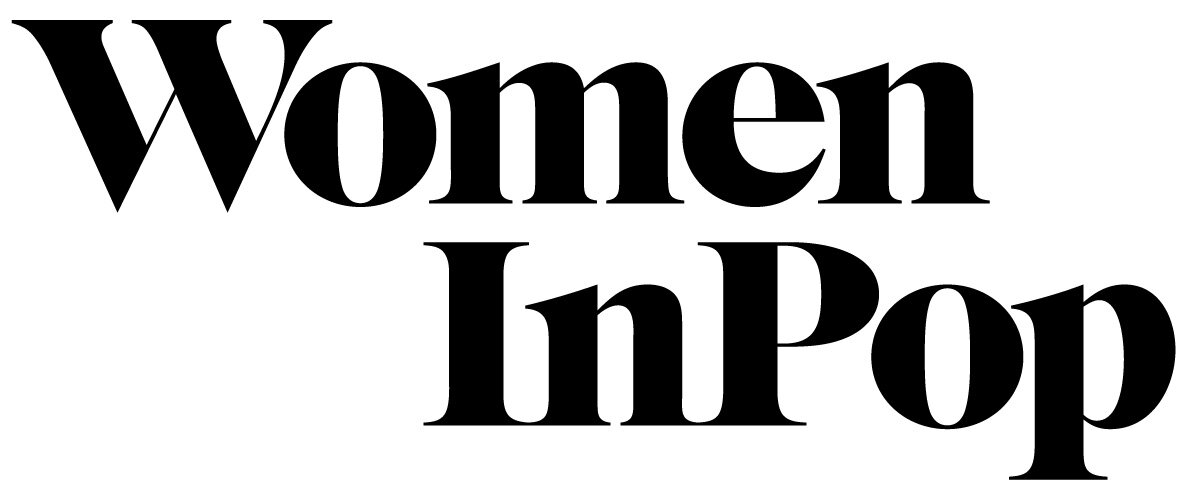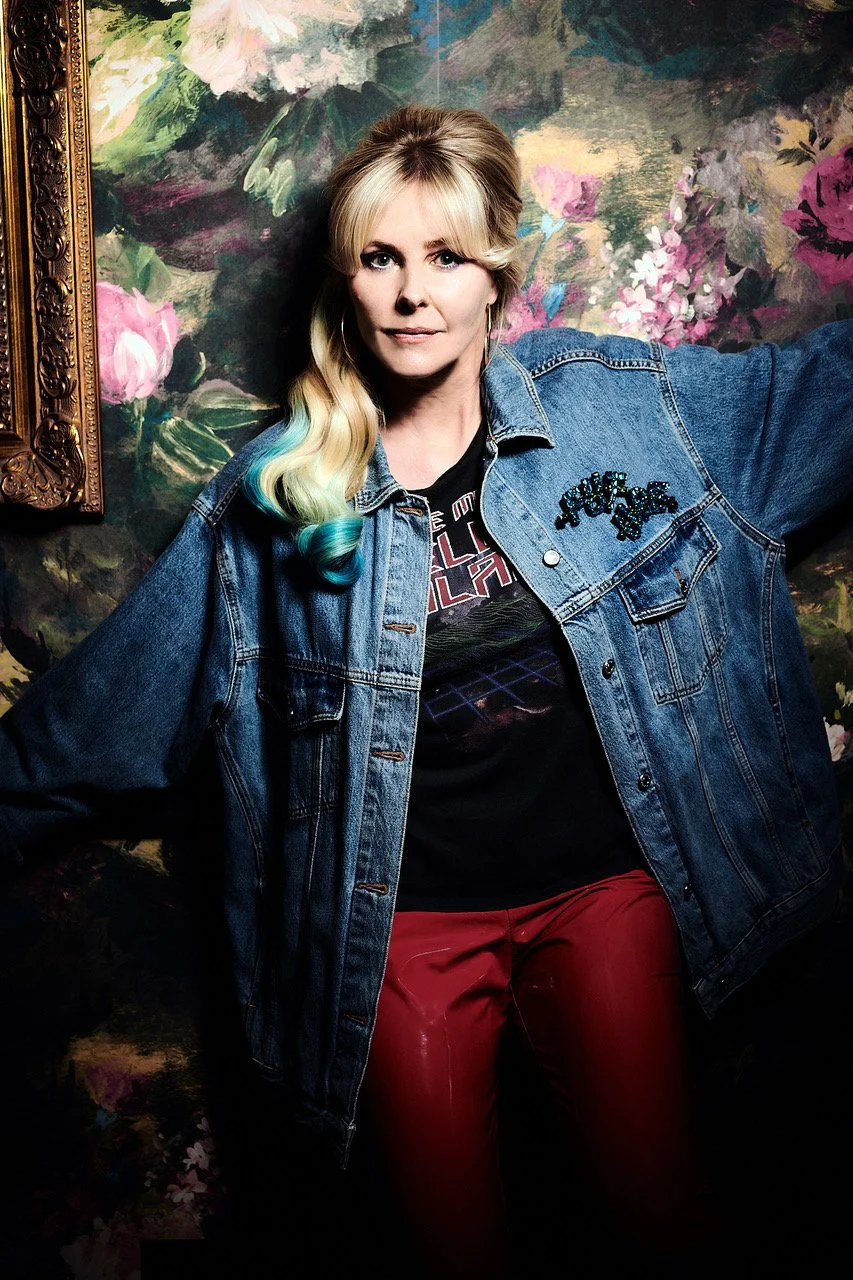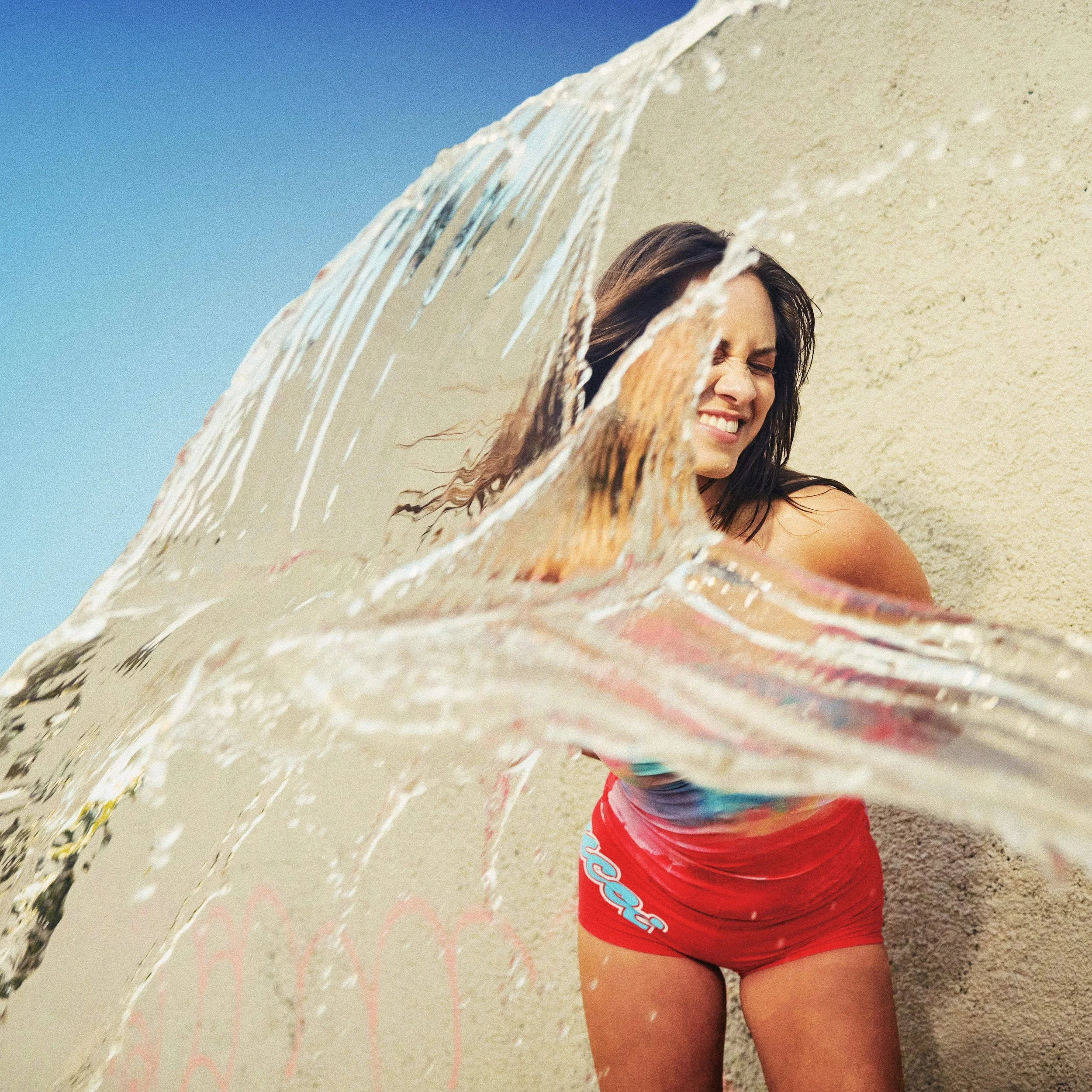INTERVIEW: Riiki Reid talks latest single 'The Dream State' and her musical journey: "There's a new sense of maturity that comes with the direction I'm going now."
Interview: Jett Tattersall
New Zealand’s Riiki Reid (full name Raquel Abolins-Reid) has come at 2022 with all guns blazing. After a quiet 2021, she signed to major label Warner Music and has released two singles so far - ‘Meet U Again’ and ‘The Dream State’.
Both tracks have seen Reid reach new creative heights, with the songs bridging the divide between pop, R&B, indie and rock with more than a dash of the 1980s in their swirling, synth soundscapes. There is a immersive warmth to Reid’s music, overflowing with hooks and melodies that draw you in and find their way into your heart.
Reid has been releasing music since 2019 and is already proving she is one of New Zealand’s most accomplished and assured performers. Her second single ‘High Heights’ has scored close to 2.5 million streams on Spotify alone and 2020’s ‘Good Times’ hit number 1 on the Hot NZ Singles Chart.
After recently wrapping up an Australian tour supporting Budjerah, Reid is due to release her debut EP in the coming months which promises to be her best collection of music yet. We recently caught up with Riiki to chat more about her music and career.
Hi Riiki, it is so good to chat to you today. I want to jump straight in and talk about your latest single ‘The Dream State’ because it is such a delicious follow up to ‘Meet U Again’. Tell me all about the creation of this one.
It's kind of funny how the song occurred. It's obviously about dreams and I've always been so fascinated by how the brain works in consciousness and in dream states I had this dream one night, and it was really freaky. It was like three in the morning and I got woken up by this thunderstorm. It was one of those moments where you like hop up startled and you just fall back asleep again. In my sleep, I thought that there was an alien apocalypse or some crazy thing. It got really weird and I couldn't sleep all night. I woke up and there was like a man beside me, and I fell asleep again and it was just so crazy! In the morning I was kind of freaked out by it and I started researching about dreams and it’s really fun and really interesting. And that's really how this song came about.
At least it's created a beautiful song for you, so that's amazing! I want to talk to you about the sound. You’re definitely shifting from that breezy, summery, feel good pop and I always get so excited when artists shift, particularly when they shift from a place of such strength. Can you talk to me a little bit about your musical gear change?
I started RIIKI in my first year of university, which was like four years ago now. And honestly, I've got a team around me now, which I've never had before and I think I just grew up a lot. Now that I've got this new team around me, and because of lockdown and COVID in general and being isolated, I've had a lot of time to reflect on what it is I really enjoy the most with music and who I am identity wise. That’s not to say I wasn't being myself as RIIKI, but I’ve grown up. There's a new sense of maturity that comes with the direction I'm going now. There's definitely a lot more reflection on the kind of music that I really love and listen to, like I listen to a lot of really alternative music, which nobody really knows. My favourite music come from all these random underground alternative artists but because I'm a pop artist, everyone's like, ‘it doesn't make sense!’. I've just really nailed down what kind of music I love and what I'd like to listen to if I was listening to myself, and just being honest with with my musicality.
That's such a beautiful way to put it because pop music has always just popular music, it's whatever music is really hitting people at the time. But of course it has this connotation or stereotype around it, that it is trash or mass produced, just because you had a good time listening to it was bad. The nice thing about today is there's so much crossover in genres, and people can make their own as an experiment. You've been songwriting for a very long time and your first song you wrote and recorded on the ukulele and performed as an eight year old child, can you please talk to me about that? Because that's incredible!
I actually really can't remember exactly how it goes, there is a recording of it somewhere! It was a task that we've been given in class and it was everyone had to go away and create something artistic. So people came in with paintings, and I came in with a song I'd written on my ukulele. I've always been a performer in the sense that I did ballet recitals and things like that from five years old onwards. I've done dance shows and singing competitions. Then I went on to study music in high school, and I learnt about composition and all that kind of stuff. It definitely had a start there on the ukulele.
I know you used to teach dance, you've been dancing your whole life, you're a choreographer. But I guess it is fair to say music has always been your avenue, was it a big part of your family growing up?
Yeah, I always say that I found myself as a musician through my two older brothers. One of them was really good at drums, he was a skateboarder so he was into hip hop and R&B. My other brother was a guitarist, and he loved his rock and alternative music.Mum was into jazz and classical and dad was into funk music. My family has definitely had a lot of influence, and because of them, I'm kind of all over the place when it comes to what I love to listen to, and I think about that a lot when I come to making music tours. I feel a lot of my songs feel like me, but they're all quite different in their own way, and it's because of that influence of all these different [genres].
That's gorgeous. The visual elements to this music that's coming out now is quite something as well. There's a definite visual shift there. I read that you're channelling a lot of your mixed heritage as well in the colour palette. Can you talk to me about that?
Yeah, I obviously did a big rebrand of my project and the thinking with that was about how can I connect myself more and learn more about who I actually am, and show that to people? I did a lot of researching on my family, my grandparents come from Latvia, Scotland, Ireland, Samoa and Māori, obviously. There's a real mixture in me and I just felt like no one really knows all of that about me. It's a big part of who I am and my family is so important to me, so it was really important to be able to find aspects that I could interweave with the project. We decided to really focus on using red and black and white because those are traditional Māori colours. When I had a new logo done I wanted an element of the logo to be weaving through each other, because weaving is an artistic technique that's used in Scottish, Latvian and Māori heritage. There were just little things like this that I feel gives the project a lot more depth and a lot more meaning, which was the important thing. I want to be able to talk about that in my project and let people know what things symbolise and what they mean to me. You can look at the logo, and it just looks cool, but I love the fact that I can talk about it and share the fact that the Reid is weaving through the Riiki, this kind of thing. It’s just finding ways to connect myself more to every aspect of what I'm doing.
You started out in a very successful high school band that did very very well at Smoke Free Rock Quest. You're very confident with what you want to do with your career, even with what you're doing with the new work and the visuals and putting yourself into it. That's it takes a long time for people to get there, let alone putting that out into the world. Has that early exposure to an audience and also collaboration grounded you as a soloist?
Yeah, definitely. It's funny because when you think of high school bands you’re like ha ha ha. But honestly, it really did build my confidence. All through high school I was writing music for myself, but also with the band and learning how to work with people and how to give input on what chords we play and what the structure is going to be and what the lyrical aspect is going to be. I am really grateful for my whole time at high school because of those reasons. As I said, performing has been my thing and all those things, getting up on stage from a young age, doing shows every year and doing gigs through high school with the band, all of that has helped with where I'm at now. It's funny, you hear a lot about artists who are doing so amazingly at the moment and the thing they’re the most afraid of is getting up on stage in front of someone. I forget that when you do that kind of stuff as a kid, I don't want to say it becomes like a second nature, but it definitely warms you up to the feeling.
As a young artist, the music industry is not always the kindest place for female artists, whatever their age. How have you navigated that? Have you generally had a positive experience?
Overall, honestly, I actually have. It's been really, really positive. I've got a really cool team around me and I think that's the thing that has made everything really positive. From the beginning, I've always said first and foremost, this is about my pure enjoyment. And if something's diminishing that, then I need to turn in a different way. Me and my manager, Isaac, we both studied at uni and started from the bottom together, learning the ropes of the industry and we've always said whatever happens, happens, we're going to just let this happen organically, but we're going to keep our morals at the top, front and centre of what we're doing. Because of that, we don't deal with people that don't have anything beneficial for us, not just music, but friendship wise or just even the way we communicate to each other. Such a big part of being in this career is making sure that the people you're working around are very genuine and very passionate about the project and wanting to uplift you as opposed to bring you down. Keeping that all in line the whole time, we've connected with really, really cool people. So I've had no issues with anything. It's been great.
I think that’s wonderful, and the fact that you have led with integrity is a really good takeaway for anyone - as soon as you're not enjoying, it's time to do something else.
Yeah, or if something's not working. For me, if I felt like I was starting to not have control over my project or my voice has been taken away from my project, that is not what I'm here for you, that's not why I'm doing music I'm doing it because I love it. You do hear horror stories in the music industry with females and it's really a shame and I do think more now than ever people are speaking up about a lot of things. Back home there's a lot being spoken about and things are starting to turn around which is really really cool. We’re beginning to see more female producers come up and the imbalance is starting to slowly and gradually become more balanced.
That's beautiful and it's good to hear. Lastly, before I leave you what is coming up for you?
Honestly just more music. Lots more music. It's funny, I started this four years ago but in that time, I've probably released like one song per year, two at most, and this year I’m letting it all out, I've got so much bottled up! It's about showing it all now. I'm really excited about that.
‘The Dream State’ is out now via Warner Music. You can download and stream here.
To keep up with all things RIIKI REID you can follow her on Instagram and Facebook.






